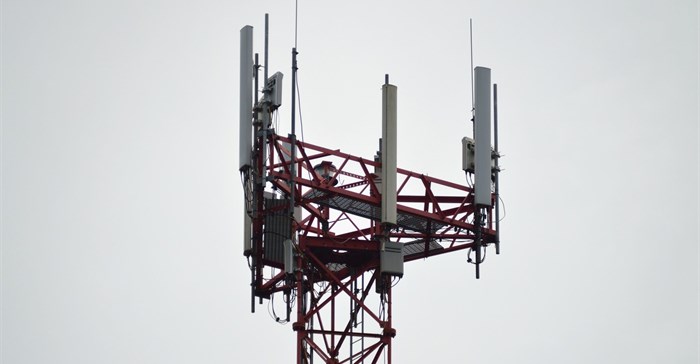
Top stories






More news


Marketing & Media
Ads are coming to AI. Does that really have to be such a bad thing?














Doing so would allow cellphone network operators to reach more consumers in nonurban areas, where connectivity remains relatively poor.
The Department of Telecommunications and Postal Services has published a bill proposing that cellphone network operators share resources.
The Electronic Communications Amendment Bill, which was published in November, recommends the establishment of a wholesale open access network, which would house the sought-after bands of spectrum that cellphone network operators want access to.
The department argues that the network will increase competition and speed up the provision of connectivity, partly because it will prevent the duplication of infrastructure.
MTN and other operators that are disappointed with the bill argue that allocating spectrum through auctions or other competitive means would help them to extend coverage in rural areas rapidly.
SA's spectrum impasse is partly due to the slow migration from analogue to digital television broadcasting.
The problem was not a lack of spectrum in rural areas but rather that the spectrum was "locked up due to the licensing methodology" that allows licence holders to gain the right to use and exclude others, rather than just the right to use without being interfered with," Gude said. The Dynamic Spectrum Alliance is an international organisation advocating for regulations that promote the efficient use of spectrum.
Gude said licensing models usually allowed network operators to hold spectrum licences that covered urban and rural areas, but operators focused primarily on cities, which provided better returns on investment. Adopting an unlicensed or "lightly licensed" spectrum allocation model would lower the cost of spectrum and create opportunities for traditional wireless carriers and non- traditional carriers to provide connectivity services, he said.
A "balanced approach" to spectrum management between "licensed, unlicensed and lightly licensed would more effectively put spectrum in the hands of those willing to use it".
Gude said under the lightly licensed model, opportunities existed to use technologies that enabled sharing of unused TV "white space" frequencies to provide broadband services.
"The technology is there now to both protect the broadcasters and to utilise that spectrum to provide broadband services all over the country."
He added that LTE-unlicensed (LTE-U) technology could also play a role in extending coverage. LTE-unlicensed involves carrier aggregation, or even combining licensed spectrum with unlicensed spectrum used by Wi-Fi routers, to increase bandwidth.
"Technologies such as TV white space, Wi-Fi and LTE-U could be deployed to drive greater spectrum utilisation and coverage, helping to bring rural SA online," he said.
Riaan Graham, director for sub-Saharan Africa at Wi-Fi provider Ruckus, said "much work" had to be done to "truly move forward in terms of digitalisation and connectivity."
Source: Business Day

For more than two decades, I-Net Bridge has been one of South Africa’s preferred electronic providers of innovative solutions, data of the highest calibre, reliable platforms and excellent supporting systems. Our products include workstations, web applications and data feeds packaged with in-depth news and powerful analytical tools empowering clients to make meaningful decisions.
We pride ourselves on our wide variety of in-house skills, encompassing multiple platforms and applications. These skills enable us to not only function as a first class facility, but also design, implement and support all our client needs at a level that confirms I-Net Bridge a leader in its field.
Go to: http://www.inet.co.za